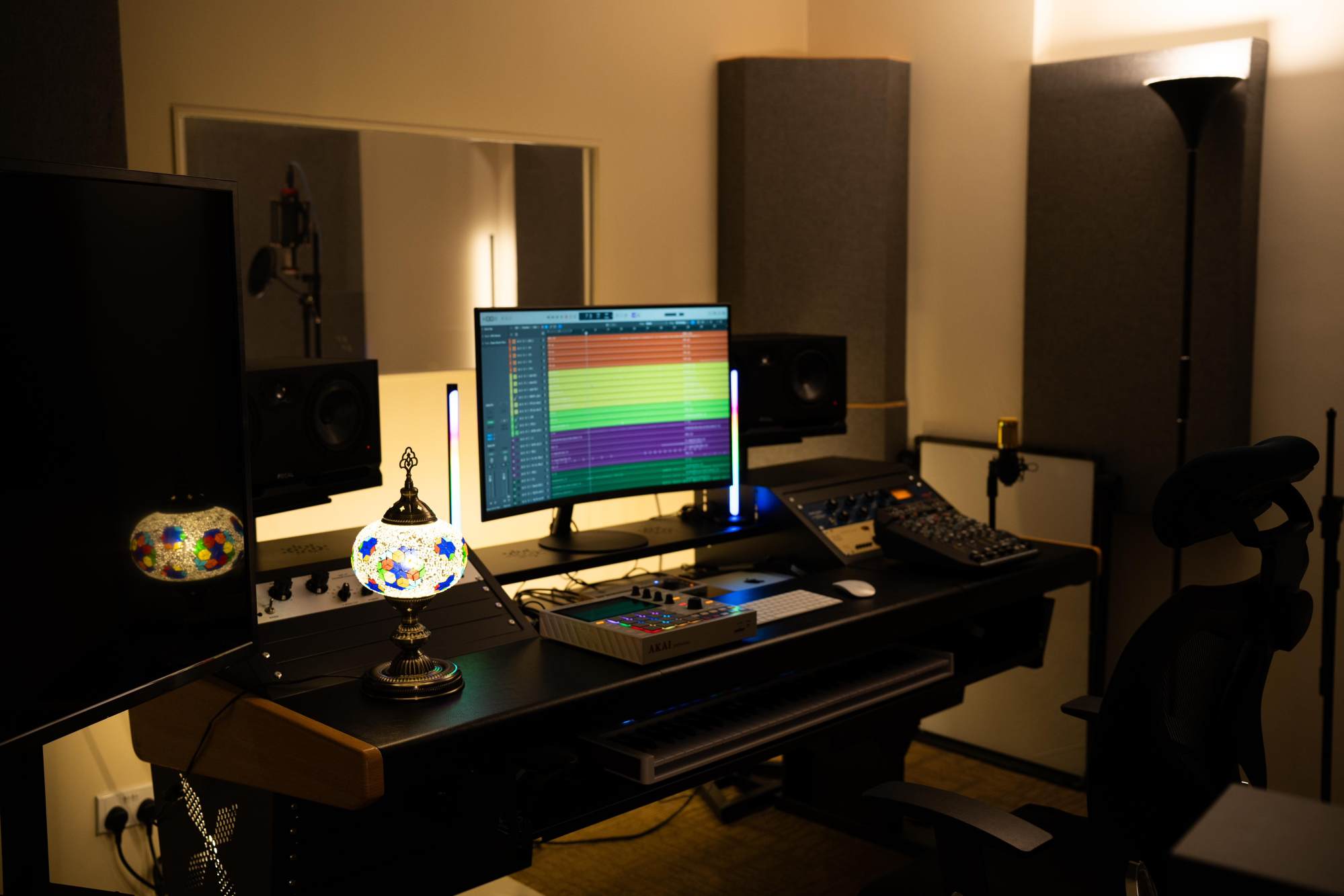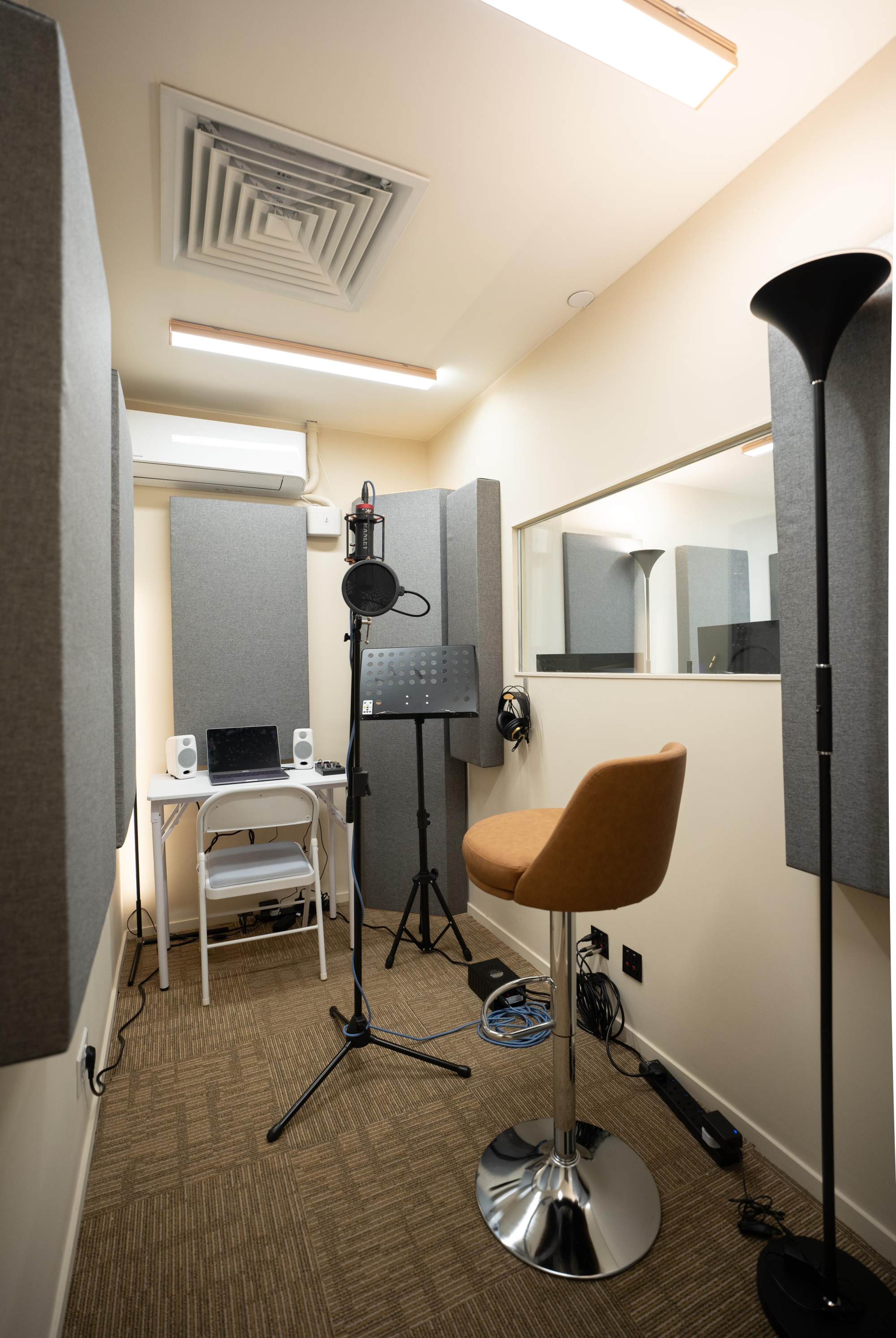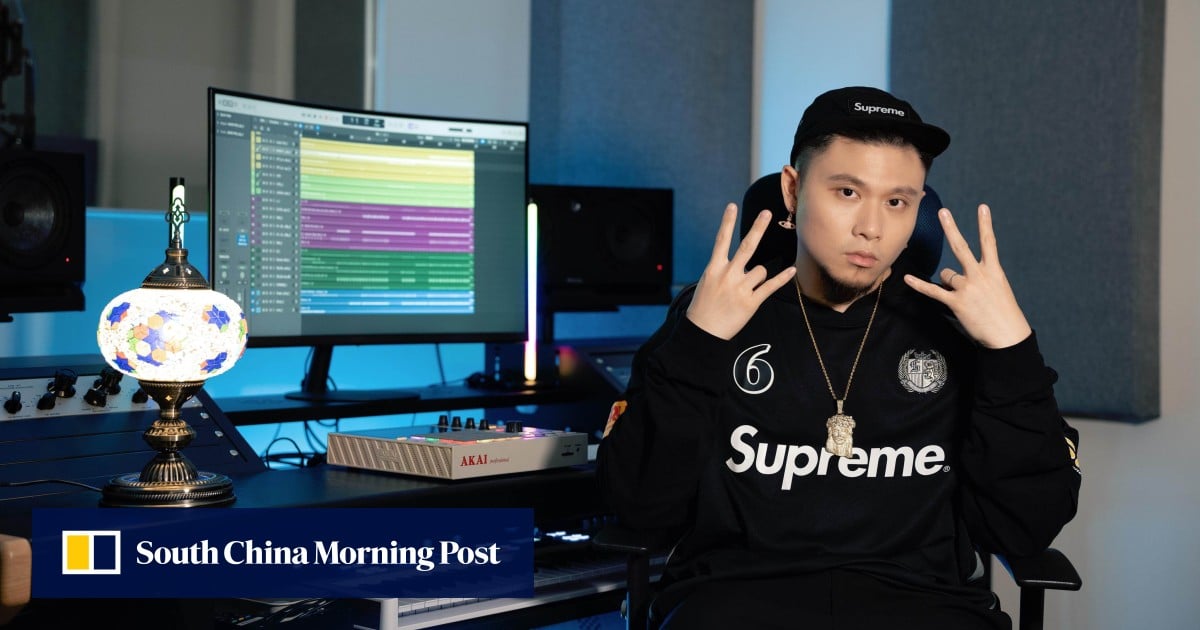In his youth, JNY was a drummer and keyboardist, playing in more than 10 bands, including the soul-inspired quintuplet Dusty Bottle. As an R&B and hip hop enthusiast, he struggled in a market that just wanted slow-tempo love ballads.
He tried to stick to the ballad genre in the beginning, but with no success.
“It had been three or four years of me writing pop ballads – mainly slow-paced love songs – and trying to sell them, because that was what the market desired,” says JNY.
Hong Kong Cantopop singer Moon Tang on fame and headlining at AIA Carnival
Hong Kong Cantopop singer Moon Tang on fame and headlining at AIA Carnival
“I was told by many senior industry professionals that if I wanted to make a name for myself, I’d need to sell these kinds of songs, characterised by formulaic string and piano arrangements.”
JNY made demos that, he says, were “very pop” – far from his original passion for urban music – but still, they weren’t selling.
“It got to a point where I thought, ‘Why not just focus on the genres that I really want to do?’” And he did exactly that while working as a music teacher on the side.
He first came into contact with instruments as a toddler, having been signed up by his mother to introductory classes at a music centre. He started learning classical piano, eventually attaining grade eight.

He learned to play the drums in church while teaching himself the guitar, before picking up the clarinet and joining the orchestra at his high school – the Hong Kong Institute of Contemporary Culture Lee Shau Kee School of Creativity in Kowloon Tsai.
After graduating, he began teaching all the instruments that he had mastered. In his spare time he would jam with Hong Kong singers and rappers who were then still underground, such as Dough-Boy.
“The Hong Kong market has changed a lot over the past decade, with indie musicians being increasingly influential – sometimes even more so than mainstream artists,” says JNY.
“Bigger artists will now look to collaborate with their indie counterparts, and once someone well known tries a genre that is considered niche in Hong Kong, it ignites the mainstream audience’s curiosity.”
Last year alone, he raked in 1.2 million Spotify streams from more than 250,000 listeners. His latest single, “I Need You Every Minute”, written with his wife and fellow musician Karris Sauch, was an instant hit on the radio.
A remix released in November featured veteran singer Wan Kwong.

“There needs to be a balance between commercial considerations and the need to stay true to your interests; mixing and matching between the two allows listeners to receive something that is new but not too foreign to be understood,” says JNY, adding that it is now much easier for the Hong Kong market to embrace R&B, hip hop and soul music.
However, Hong Kong’s music performance spaces have one great limitation: most of them host acts playing uninspiring tunes that often fail to stimulate curiosity.
“When I was touring in mainland Chinese cities, such as Chengdu, I noticed that bars and clubs were clearly categorised by their genres – hip hop, electronic dance music, folk – but clubs in Hong Kong are largely omnivorous and do not have that,” says JNY, adding that the city has few live-music venues compared with Beijing, Shanghai and even newer hubs such as Chengdu and Shenzhen.

His new project may push the needle forward. In December, he opened Vision Music, Hong Kong’s first beatmaking school, where he will be training a new generation of aspiring producers.
Housed in Tsuen Wan’s Nan Fung Centre, a minute’s walk from the new town’s MTR station, this new endeavour is an extension of his former career as a music teacher, except that now, instead of travelling between homes, he is based in a self-built, fully equipped studio that also hosts seminars with other musicians.
“I quite enjoy transforming aspiring producers from ‘babies’, who know nothing about the craft, into actual producers capable of making beats and producing for people,” says JNY.
“The time it takes may be lengthy, but being able to build up more producers in Hong Kong is meaningful to me.”

